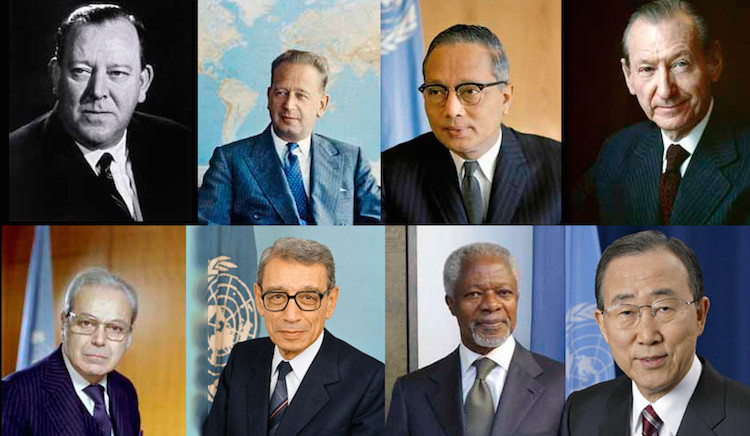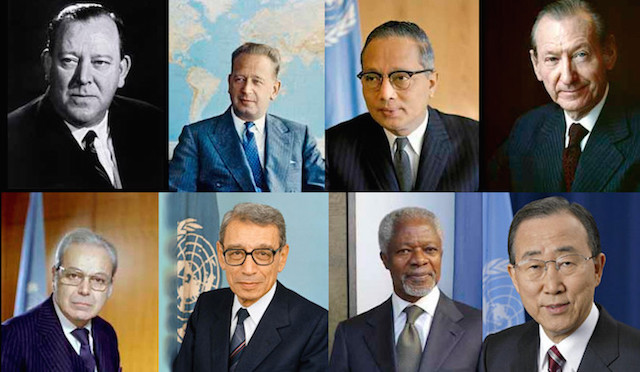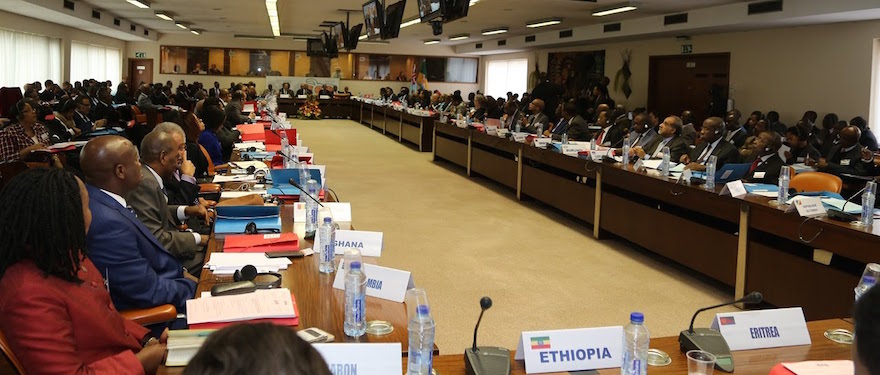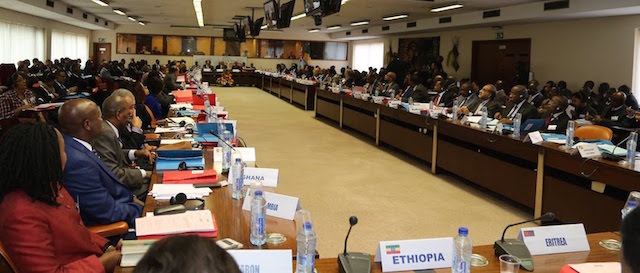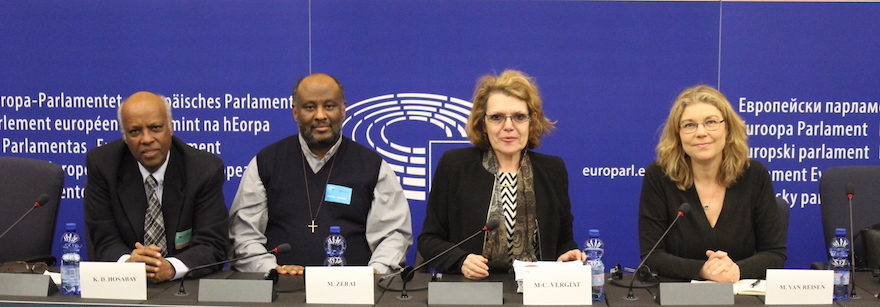By J Nastranis
NEW YORK (IDN) – As the selection process for United Nations Secretary-General Ban Ki-moon’s successor begins on April 12 and 14, with member countries’ and partly public participation, a new initiative is warning that if a woman is not elected to the post this year, the next opportunity may not come until 2026. A UN Chief can serve two consecutive five-year terms.
Since 1946, the United Nations has had eight Secretaries-General, all of them men. The “UNSG LIKE ME” campaign is not leaving it to chance but actively campaigning that after eight men – Trygve Halvdan Lie (Norway); Dag Hammarskjöld (Sweden); U Thant (Burma); Kurt Waldheim (Austria); Javier Perez de Cuellar (Peru); Boutros Boutros-Ghali (Egypt); Kofi Annan (Ghana); and the incumbent Ban Ki-moon (South Korea) – it is high time to have a woman lead the UN, thus marking a watershed in the world body’s 70-year history.

